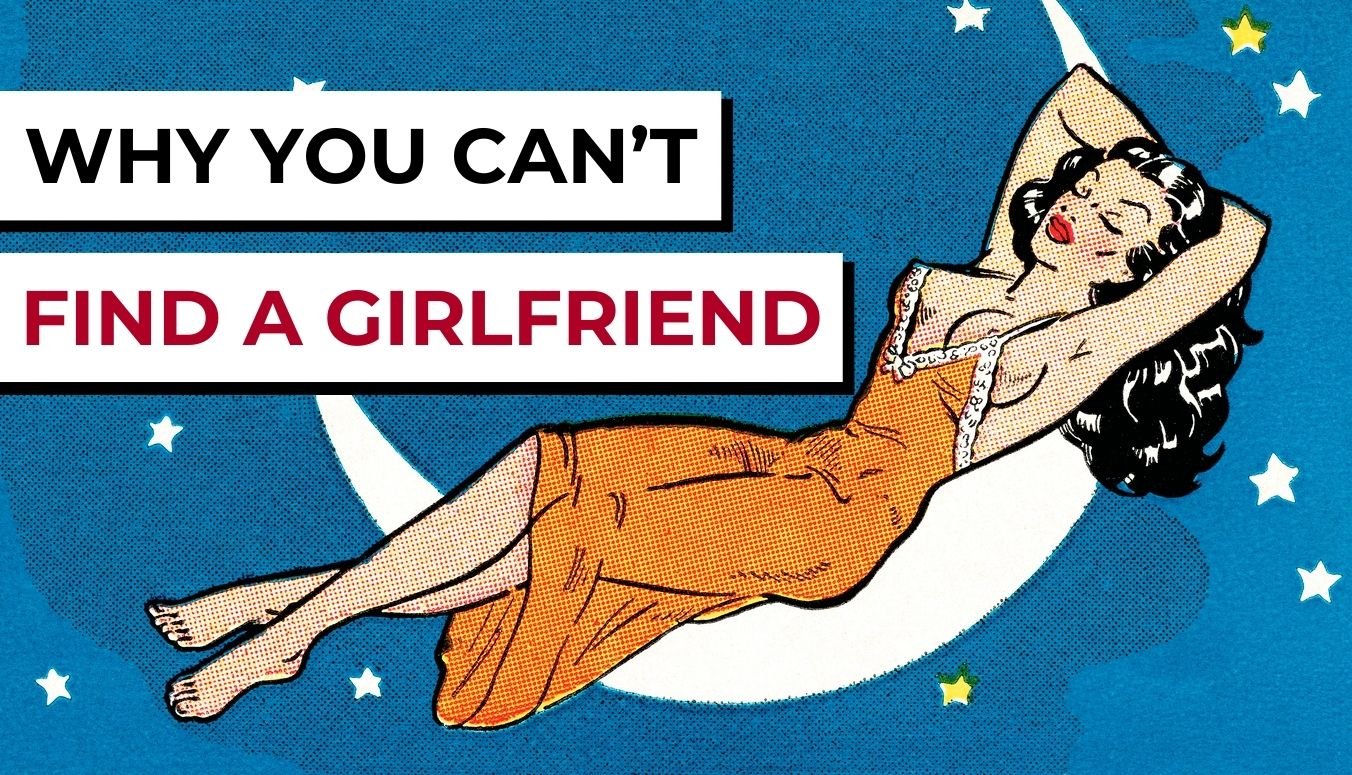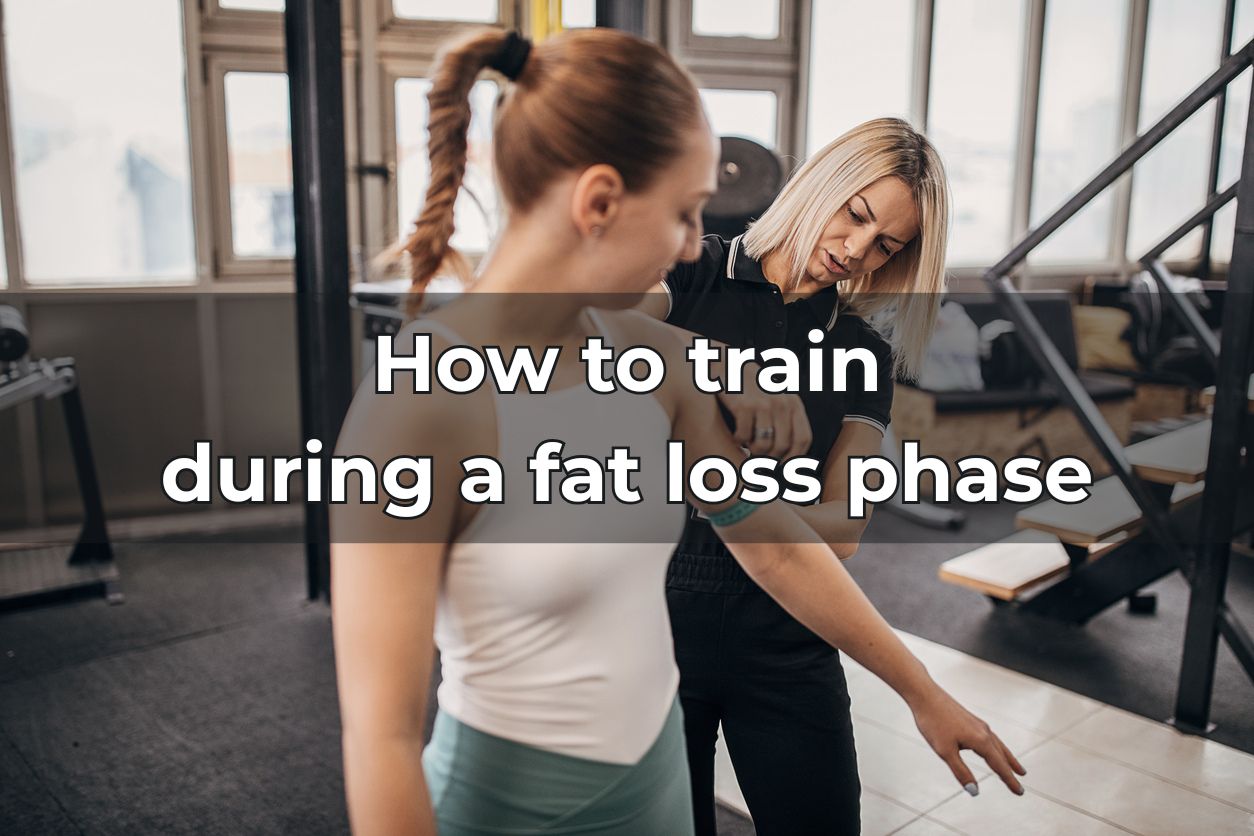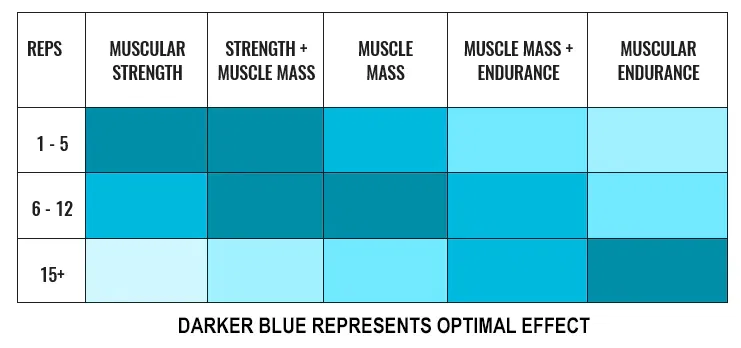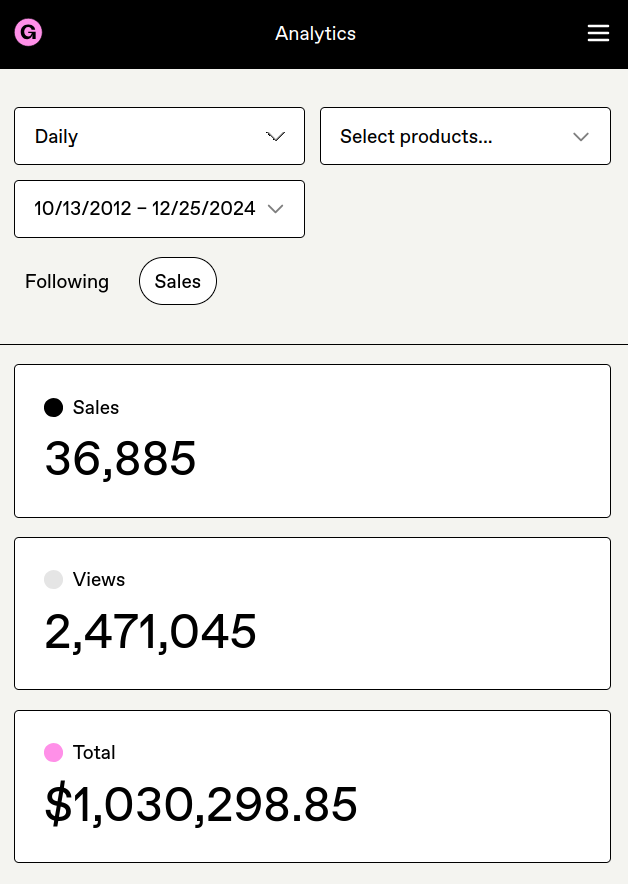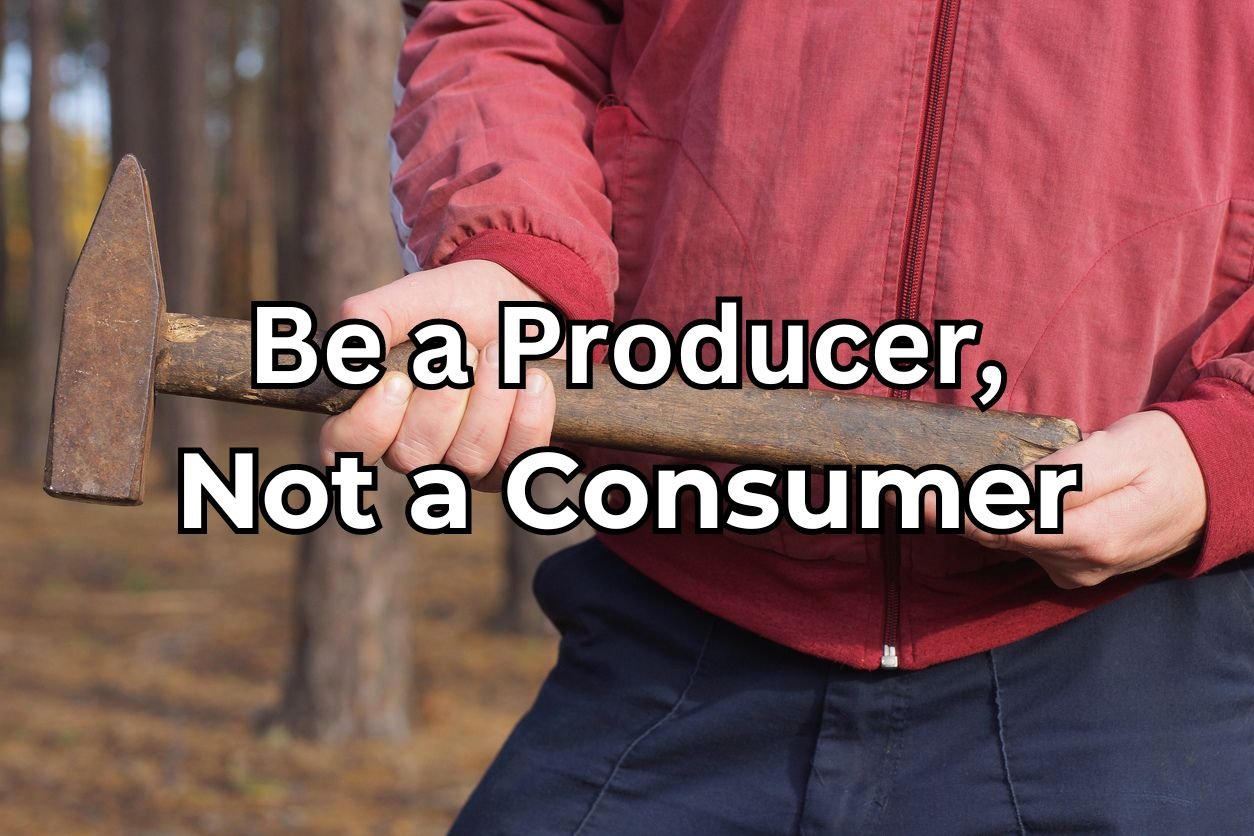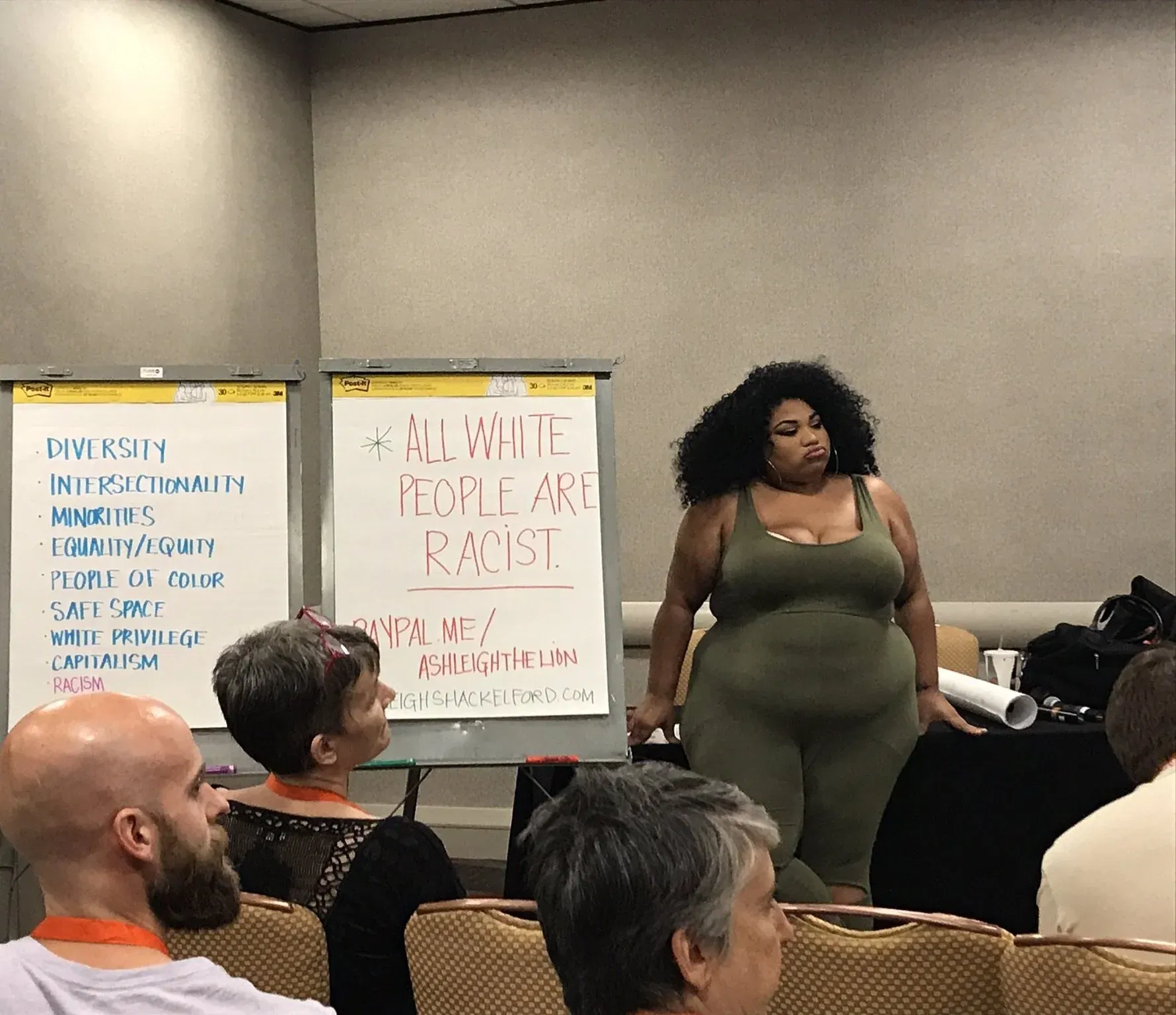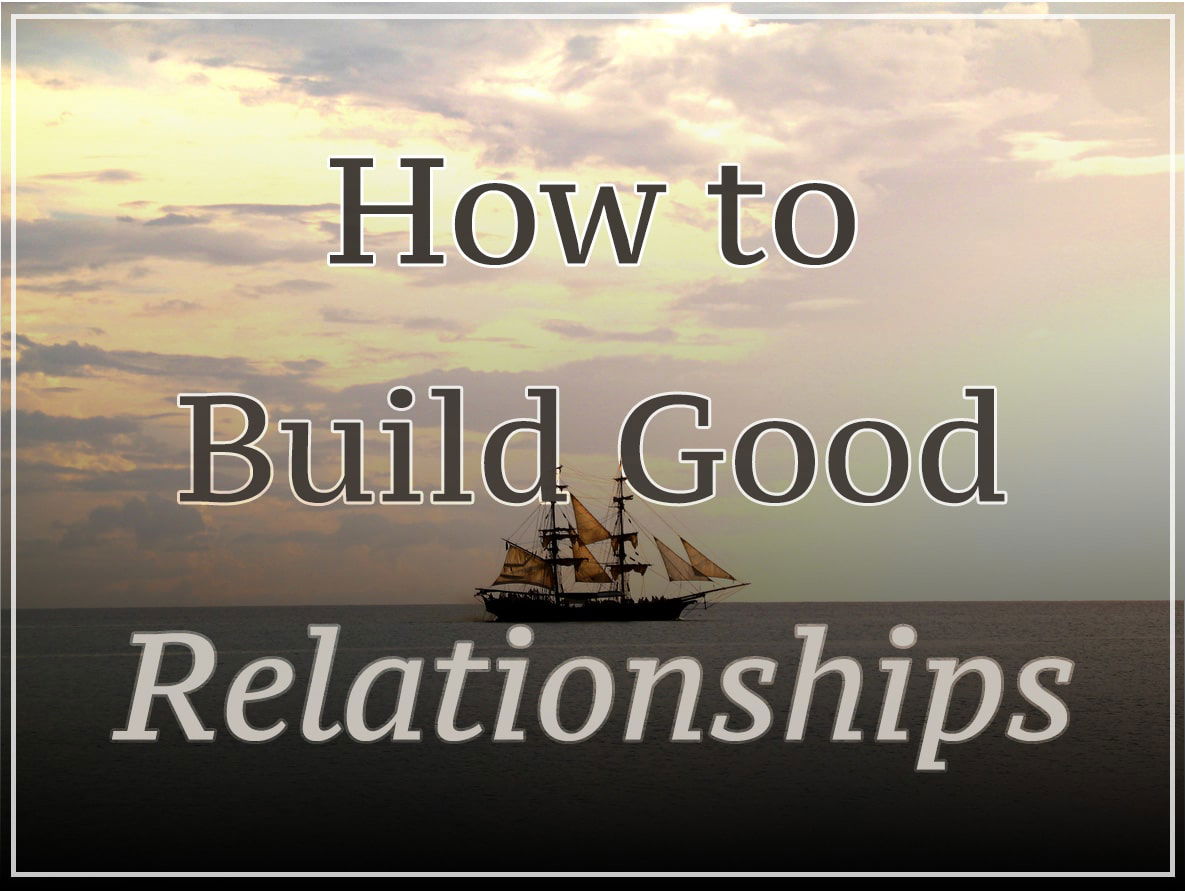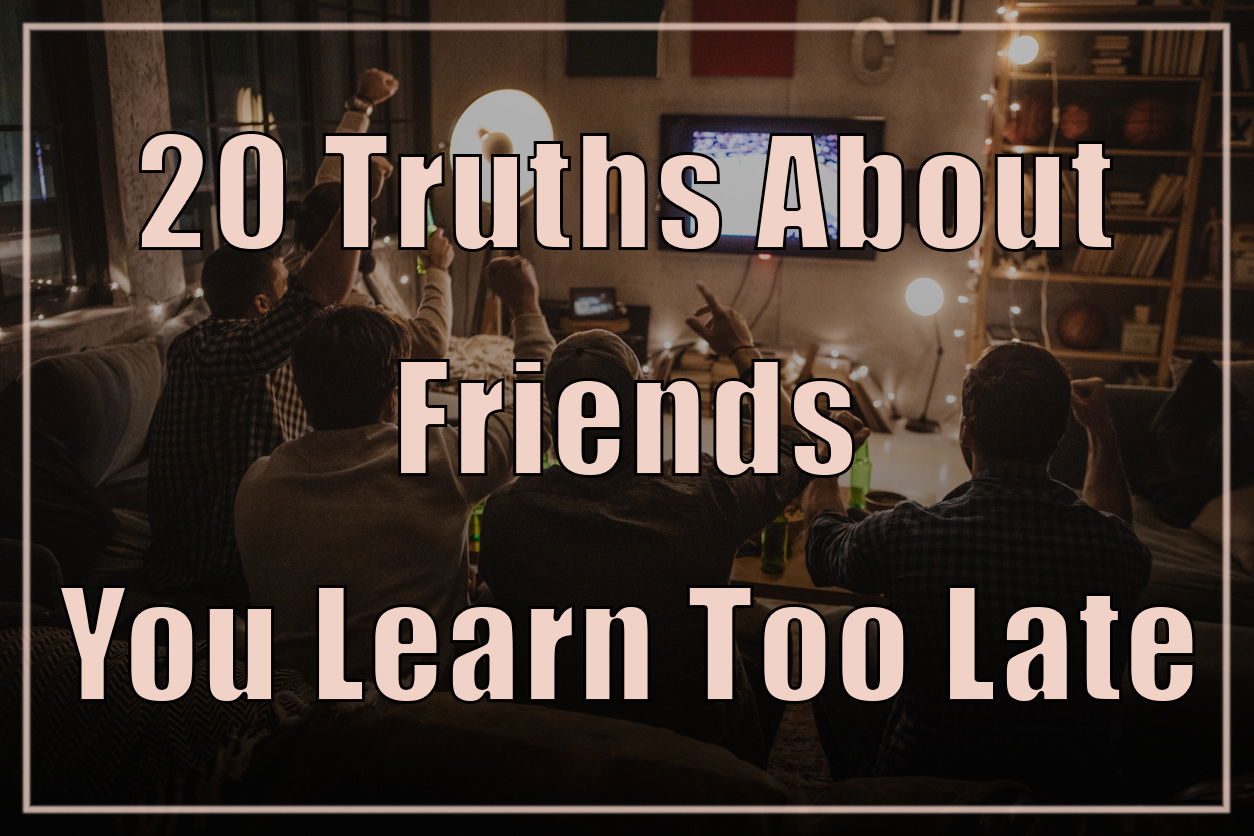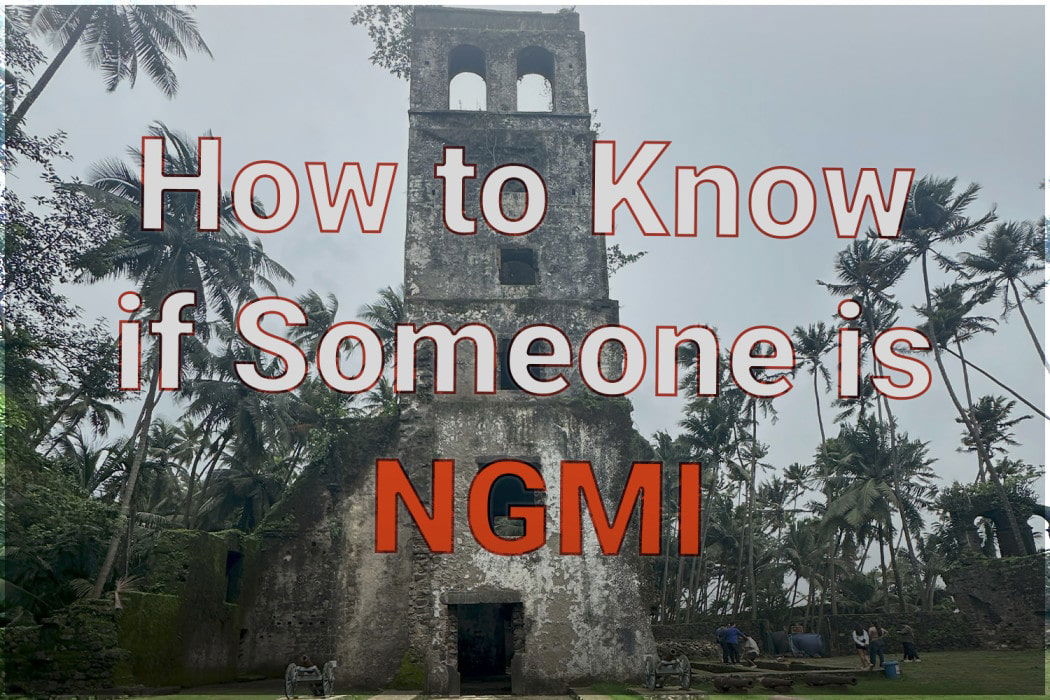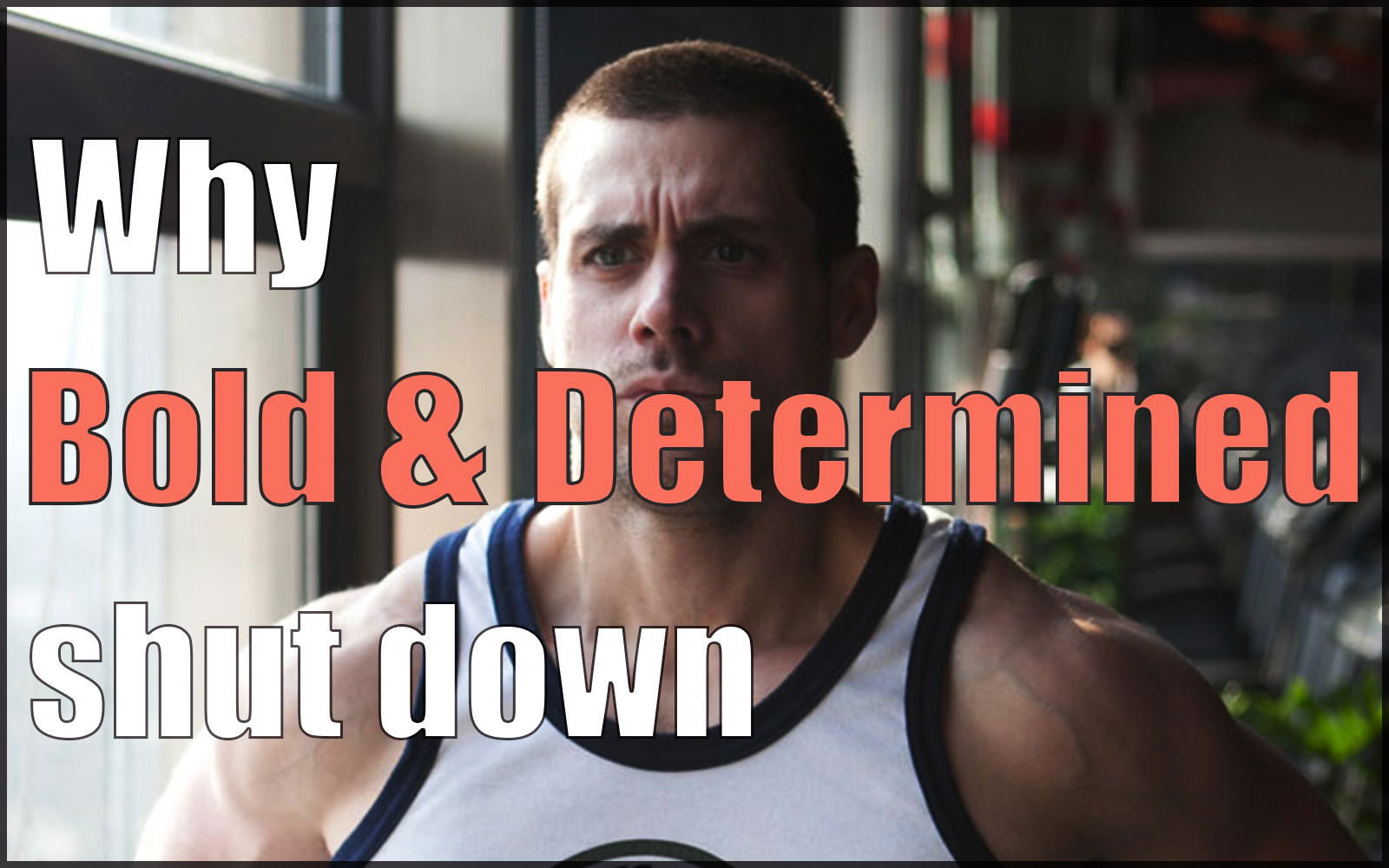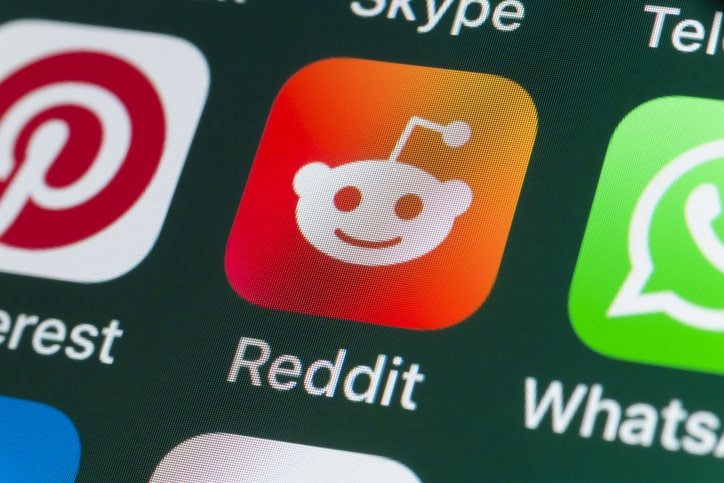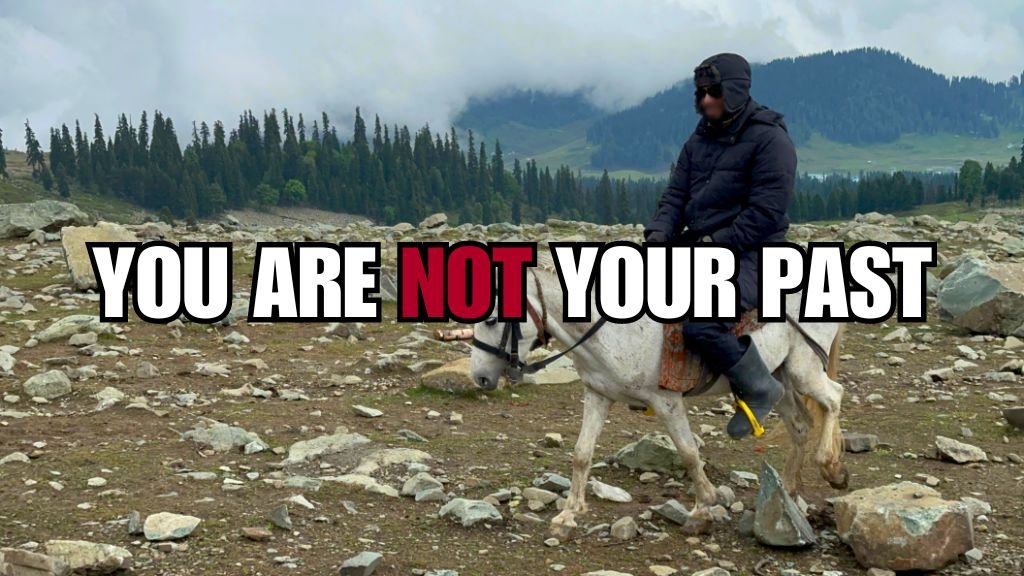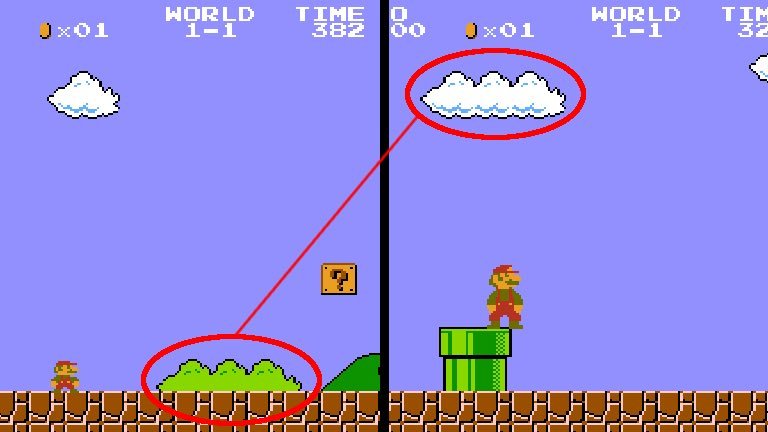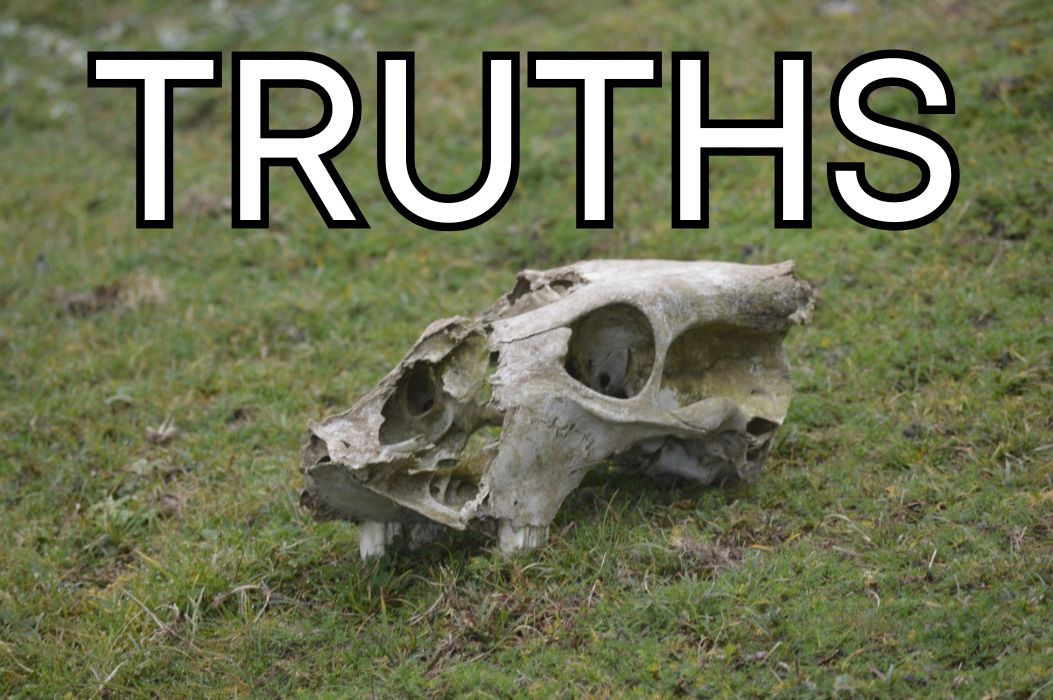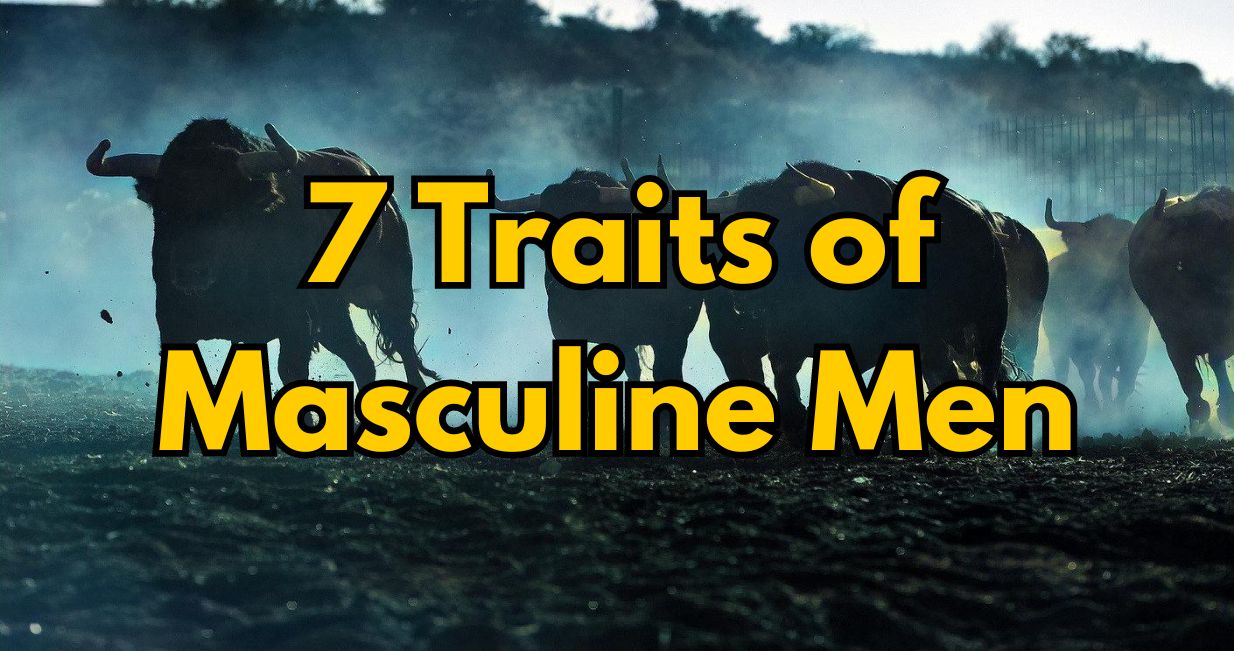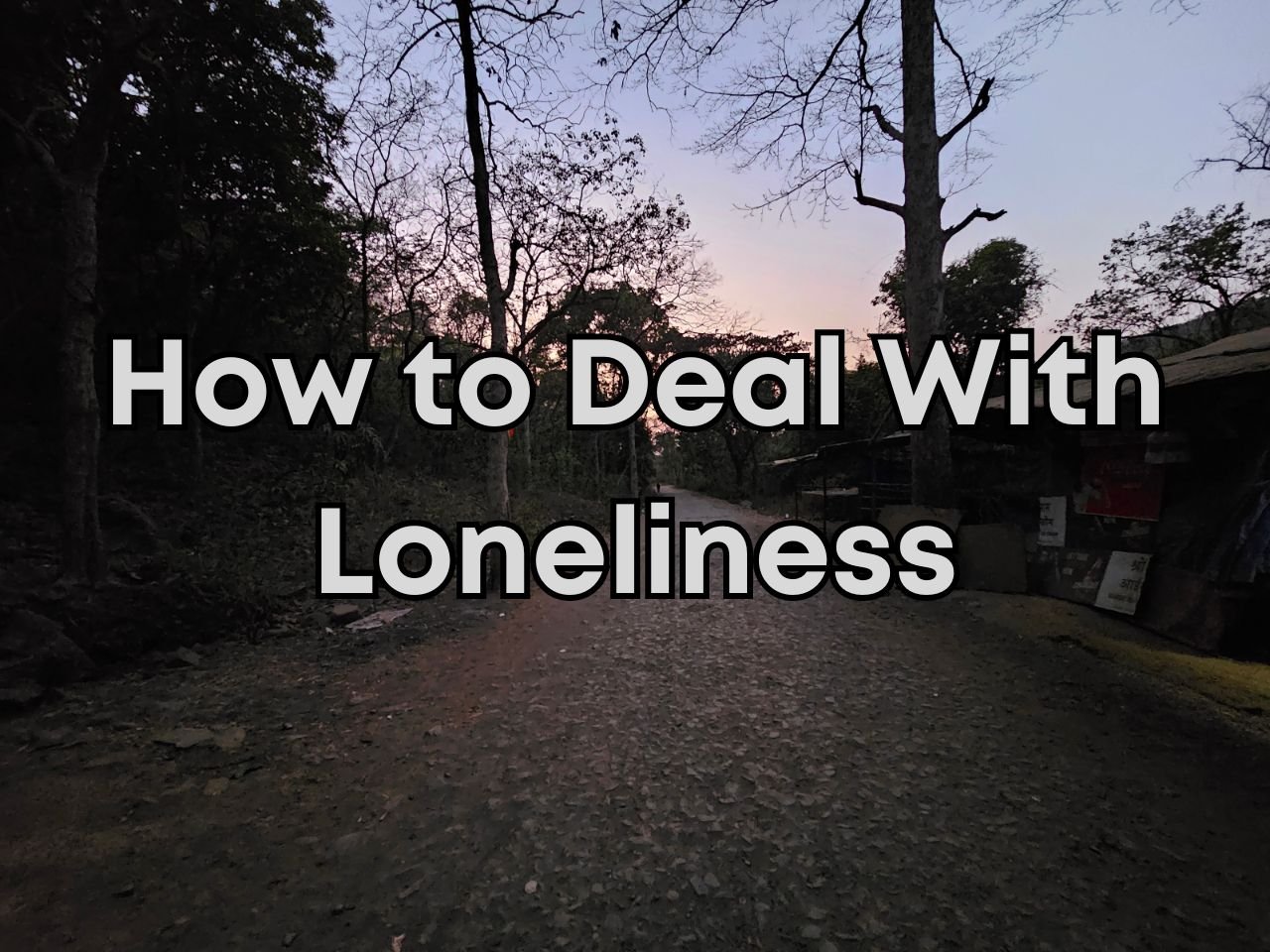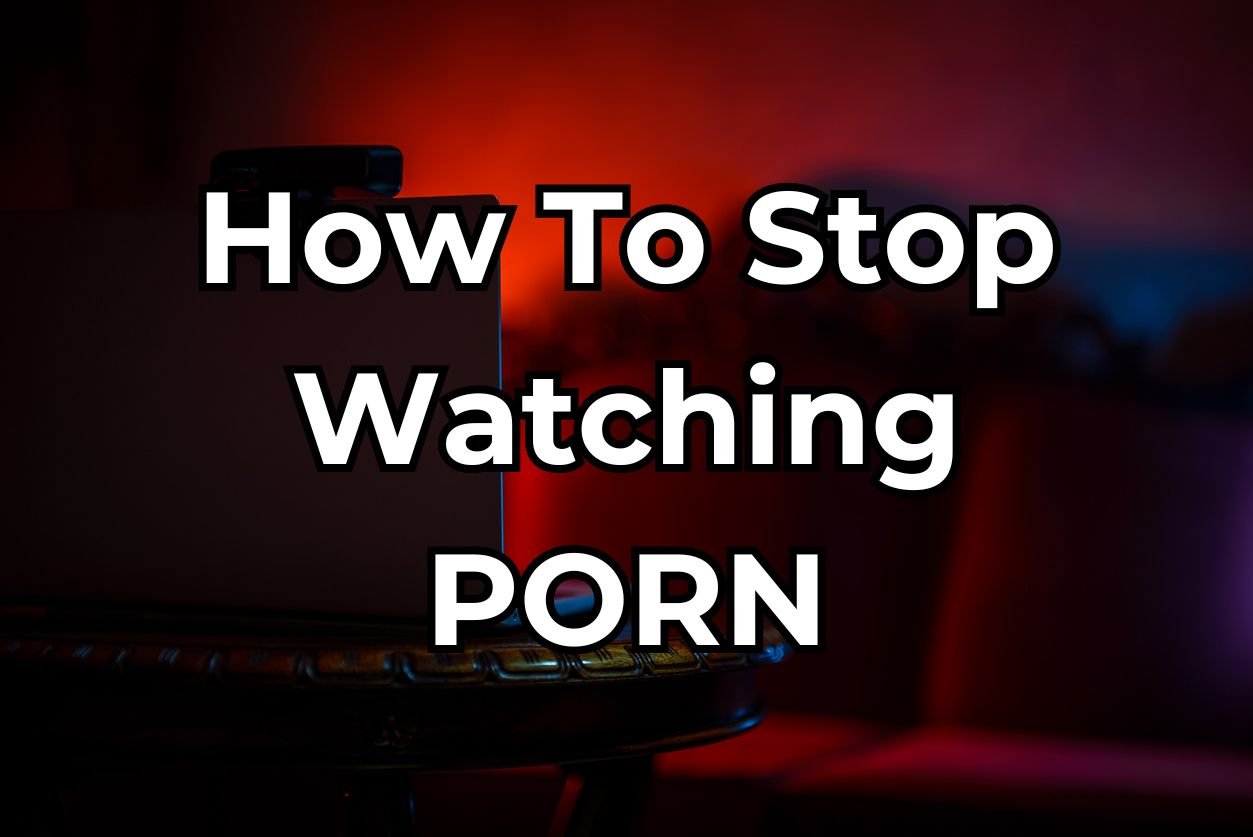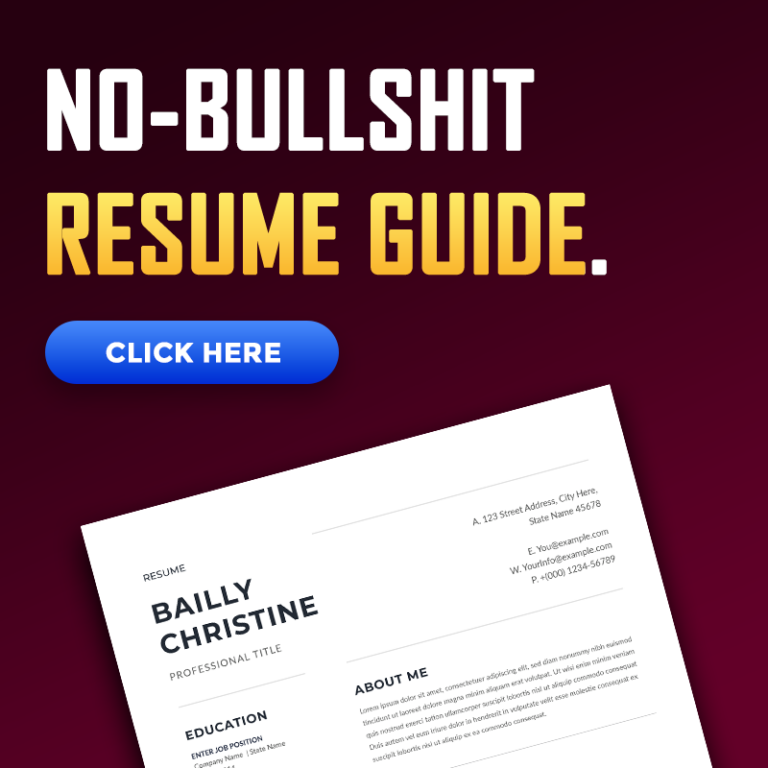It’s been one full year since the death of my friend Joseph Patrick Liverman (Although I always knew him as Jon Anthony).
When I found out he had committed suicide last year, I had penned an article called What I Wish I Had Told My Friend Before He Committed Suicide.
When I wrote that piece, I was under the influence of many emotions since I had just learned about his death.
However, over time I’ve had more time and distance to process the event, and here are my main takeaways from it.
Takeaways from Jon Anthony’s Suicide
1) If you want to preserve something, you need to do it yourself.
Jon’s family let his website and other identities just die. They didn’t bother to even renew the hosting. If it wasn’t for me making a backup of his blog Masculine Development, his works would have been lost forever.
You cannot rely on your family to preserve your work. If you want to preserve your work, you need to do it yourself in your own lifetime.
2) Suicide solves nothing.
Emotions are temporary and go away. If you’re feeling bad now doesn’t mean you’ll feel that forever. By killing yourself, you accomplish nothing except making the people who care for you sad.
Instead you need to identify the actual problems that are bothering you and fix them for good.
3) Family is everything.
You can have money, business success, fitness, and still feel empty if you don’t have family. The lack of a stable family brings down many an artist.
It happened to Victor Pride and Roosh V too – the only difference is that they went the extreme religion route instead of the suicide route.
4) There is much more suicide in the world than it appears. And men are much more likely to do it than women.
Suicide was the second leading cause of death among individuals between the ages of 10-14 and 25-34 , the third leading cause of death among individuals between the ages of 15-24, and the fifth leading cause of death among individuals between the ages of 35 and 44. (NIH)
Suicide was the eleventh leading cause of death overall in the United States. More people die from suicide than from homicides.
Men are four times more likely than women to commit suicide.
5) You’ve got to chill.
To continue the previous point, you need to ask why. Why are men killing themselves in record numbers?
My guess is that men have too much pressure on them and not enough places to de-stress.
As a man, you are told that everything is your responsibility. But the reality is that it’s not actually true. Just because they say you are responsible for everything doesn’t mean you are.
Just say no. Do what’s best for you and let people who want to weigh you down with responsibility cry. Don’t stress out about something you’re not being heavily paid for. Let them cry and do it themselves.
A very easy example is that people will tell you that it’s your responsibility to help women in need. That you should risk your life to save women. But guess what – it isn’t. If the woman isn’t in your family, it’s her problem not yours.
6) Time keeps going.

1 year since Jon died. Soon it’ll be 2. Then 10. Then 20. Soon we’ll all be dead. And soon all the people who remember us (like our children) will also die. Such is life.
Although maybe if you are some kind of creator (writer, YouTuber, etc.) your descendants may take your work (if it isn’t lost to time – see #1), feed it into some kind of algorithm (something much more advanced than current AI) and be able to digitally recreate a version of you.
Maybe my grandchildren will feed this into an AI and talk to “me”. I am not against this, although I will only caution that if you are my descendant and talking to “me” using AI, keep in mind that nothing can revive the dead, and to not make an obsession out of speaking to “me” and acting like my real self is still alive.
Although I hope “I” am able to provide you wisdom and guidance even into posterity.
7) No matter how you fill your years, you eventually get older.
It’s something I tell all of my clients who are workaholics or simply too obsessed with making money at the cost of everything else.
While this is fine to do in your 20s (although you should maintain good health and some social life), as you get older, you have to realize the importance of balance.
You must make lots of money but keep the big picture in mind. You also have to enjoy life, spend time with your family, teach your children about life, and do other fun stuff like travel.
Money is essential, but if all you did was make a lot of money and never did the other stuff – you did it wrong. As said before, there is no point dying with a big bank balance.
You are not immortal so prioritize your time correctly. Life goes by 1 day at a time.
Here’s the chronology of one man’s life (Melvin Stanford of Harvard Business School, batch of 1963):
- At age 16, I enrolled in college after dropping out of high school the previous year.
- The end of the Korean War interrupted my goal of a military career.
- While I was still in college, my first marriage ended in divorce.
- I was admitted to Harvard Business School and enrolled in September 1957.
- In November 1957, I was unable to continue school because of the Asian flu.
- In 1958, I was admitted to membership in the Mormon Tabernacle Choir.
- Linda came to work at the Utah State Capitol in 1958. That is where I worked.
- Linda and I were married in 1960 — the most important turning point in my life.
- In 1961, I was readmitted to Harvard Business School.
- Graduating with the MBA class of 1963, I went to work in the overseas oil industry.
- In 1966, I began doctoral study in business at the University of Illinois.
- I was ordained a high priest in the Church of Jesus Christ of Latter-day Saints in 1967 and served on the high council of the church in central Illinois.
- In 1968, I graduated from the University of Illinois with a Ph.D. in business. Then I served 14 years as a professor and administrator at Brigham Young University.
- From 1969 to 1980, I was a member of the consulting faculty at the U. S. Army Command and General Staff College in Fort Leavenworth, Kansas.
- From 1973 to 1975, I served as commanding officer of a U. S. Army Reserve strategic research unit for the Defense Intelligence Agency.
- 1975 and 1976, I was a visiting professor of management, Boston University in Europe.
- In 1982, I was appointed dean of the College of Business, Minnesota State University.
- In 1987, I was ordained a bishop in the Church of Jesus Christ of Latter-day Saints.
- In 1994, I retired from Minnesota State University and returned to Utah.
- Linda and I served a volunteer mission for the Church of Jesus Christ of Latter-day Saints in Boston from 1997 to 1999, teaching religion classes at the Boston Institute of Religion, Harvard Business School, Wellesley College, Boston University, Harvard College, and Massachusetts Institute of Technology.
- From 2001 to 2003, Linda and I served another volunteer mission, preparing a leadership development program for 8,000 worldwide employees of the Farm Management Company of the Church of Jesus Christ of Latter-day Saints.
- In January 2013, I began walking with a cane and obtained a blue parking tag.
– Melvin Stanford (Harvard Business School 1963) (Excerpt from If I Knew Then)
8) You become free when you realize that death is inevitable.
The thing you’re stressing about… meaningless.
The girl you’re obsessing over… meaningless.
The boss you hate… meaningless.
I once saw a man bawl his eyes over a woman cheating on him. The event had taken place many years ago. All this shit is meaningless in the long scheme of things – just find a different girl.
Think about it – if you had to be forcefully drafted into WW3 and were certain to die in it, would you care about the thing you are currently worried and stressed about? There you go.
Nothing actually matters because in the long run you are dead.

This realization can either make you go nihilistic (like the movie Fight Club) or it can enlighten you.
You can take the shot without being afraid to fail… because in the long run we’re all failures, since none of us are immortal. We are not gods.
Like a girl? Go talk to her.
Hate your boss? Start an online business.
Stressed too much about your work? Care less, build a side hustle.
Health problems? Exercise, eat clean, and do what you can to fix it.
Do what you can do to fix the problem instead of being sad and depressed about it.
If you fail, so what? Try again.
9) People are very good at hiding pain.
With Jon, I had no idea he was going through a rough time. Men are very good at hiding their stress and pain.
When women are under lots of stress, they cry. But men, because they are “not supposed to cry” (even though all the brave men in history have recorded many instances of crying), they put on a brave face and hide it.
This is why the suicide rate for men is 4 times higher than for women. Men just hide their pain and don’t seek help.
As a man, if you need help – reach out to people close to you. You got to have a male friend circle of bros you can ask for help if you need it. That’s nothing to be ashamed of.
10) Too many stimulants can fuck up your brain.
Jon used a lot of stimulants and other stuff to fuel his life.
Ephedrine, multiple caffeine pills a day, strong pre-workouts, SARMs, lots of aspirin, various types of nootropics, mushrooms, yohimbine, Modafinil, ammonia inhalants, etc. – the list is endless.
I’m not saying they’re bad for you, but if you’re using them so much to the point where you have “a high tolerance to stimulants” (Jon’s own words) you have to realize that at some level you might be causing yourself brain damage.
It could be anything from damaging your memory to your emotional regulation mechanism (i.e. making you “unhinged”) or just plain killing your brain cells from over-stimulation.
Stimulants are worth using but never to the point where you build up tolerance to them.
Otherwise you end up like the people who drink coffee every day, not because they get performance enhancing benefits from it, but to perform at baseline because they’ve built up tolerance.
And of course, the last thing you want to do is build a dependence because these things are harder to quit than they seem.
And that’s all for this piece! Hopefully that should help out many of you. If you’re feeling suicidal, reach out to your family to seek help.
Until next time.
Your man,
Harsh Strongman





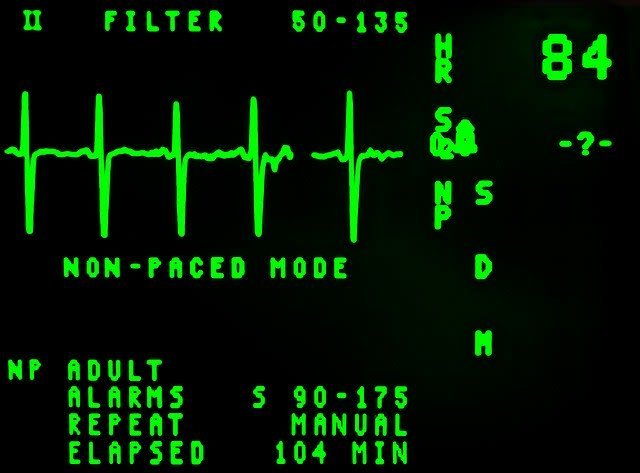
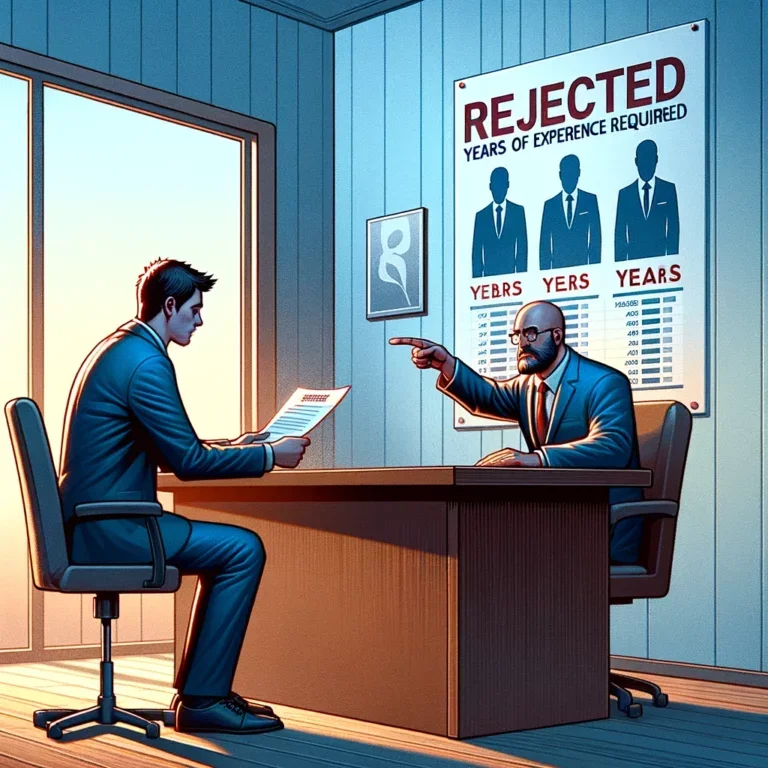



![Traits Women Find Attractive Traits Women Find Attractive (And How to Score Yourself) [PART 1: Physical Aspects]](https://lifemathmoney.b-cdn.net/wp-content/uploads/2025/11/Traits-Women-Find-Attractive-1.jpg)




